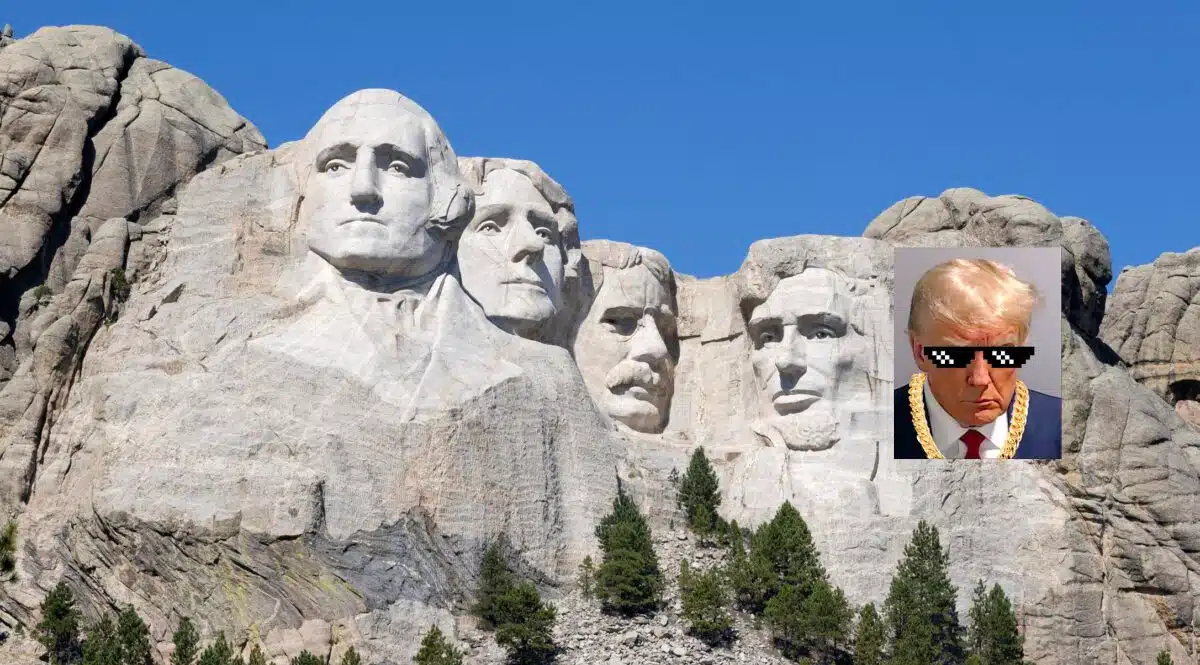In recent years, Iran has re-emerged as a significant player on the global stage not just for its oil reserves and strategic location but for its role in supporting terrorist organizations and sponsoring attacks worldwide. This involvement has exacerbated tensions complicating international relations and security across various continents. Iran’s ties with terrorist groups can be traced back to the aftermath of the 1979 Iranian Revolution which led to the establishment of the Islamic Republic. The new regime, driven by a revolutionary zeal to export its theocratic ideology, found common cause with like-minded groups across the Middle East. Hezbollah in Lebanon, the most notable among Iran’s proxies, was founded in the early 1980s with substantial Iranian support and has since been involved in numerous terrorist activities. Iran’s support for terrorism is multifaceted encompassing financial, logistical, and military backing. U.S. officials and various international bodies have repeatedly pointed out Iran’s role in funding and arming groups designated as terrorist organizations including Hamas and the Palestinian Islamic Jihad. This support extends beyond the Middle East to parts of Africa and Latin America where Iran’s Quds Force—the overseas arm of the Islamic Revolutionary Guard Corps—has been active. The consequences of Iran’s actions are profound and far-reaching. Terrorist attacks allegedly backed by Iran have occurred in places as diverse as Argentina, Bulgaria, and Thailand claiming innocent lives and destabilizing regions. Moreover, Iran’s engagement in proxy wars in Syria and Yemen has contributed to prolonged conflicts and humanitarian crises in those areas. The global community’s response to Iran’s activities has been mixed. While some countries advocate for stringent sanctions and a tougher stance against Iran, others call for diplomacy and dialogue.
So why the re-emergence of activity in sponsoring terrorist activities?
The Joint Comprehensive Plan of Action (JCPOA), commonly referred to as the “Iran nuclear deal,” was a 2015 agreement between the US, Iran, and the EU to restrict Iran’s nuclear program in exchange for relief of international sanctions on Iran. The Trump administration pulled out of the agreement in 2018 and re-imposed sanctions as the administration described the deal as a horrible one-sided deal that should have never been made. The re-imposing of the sanctions was done to get Iran to agree to a better deal. Under the sanctions, the Iranian economy crumbled and the funding for terrorist activities decreased. The sanctions were working. The EU; however, got squeamish and began to openly oppose the sanctions. After Biden came into office, the sanctions were waived and over ten billion dollars in frozen Iranian assets were released. Now with sanctions removed and assets unfrozen, Iran kick-started its nuclear programs and its support and sponsoring of terrorist activities. The middle east is currently on fire and Biden is eating ice cream on the beach in Delaware and Harris is cackling away and telling Iran “Don’t.” Iran refrained from making any missteps when Trump was around because Iran knew Trump would not play games – deterrence by STRENGTH policy. Now the US is seen as weak and no longer a superpower. The world needs someone who can change the direction away from nuclear war and decrease Iran’s support and sponsorship of terrorist activities. Trump is that someone.
Iran Inching Toward Nuclear Weapons Breakout
Siberhusk
